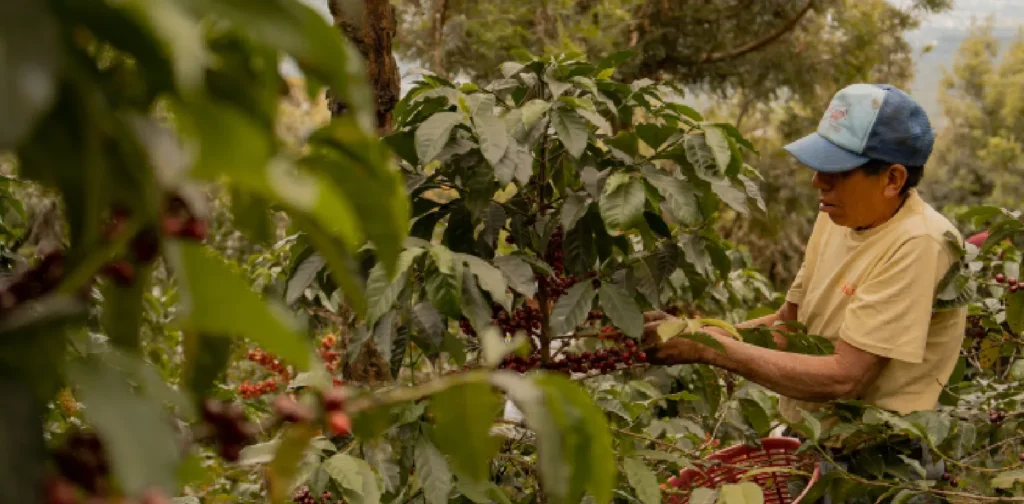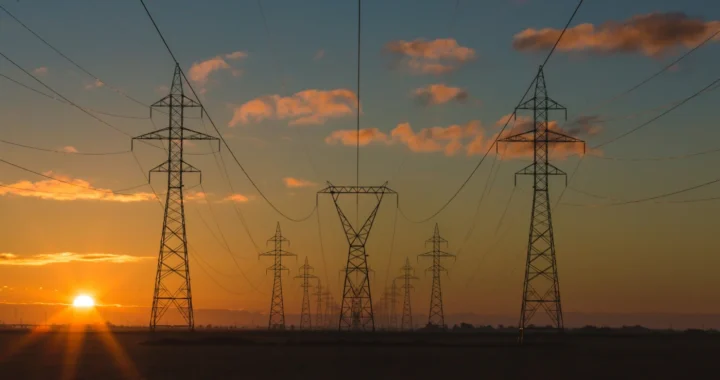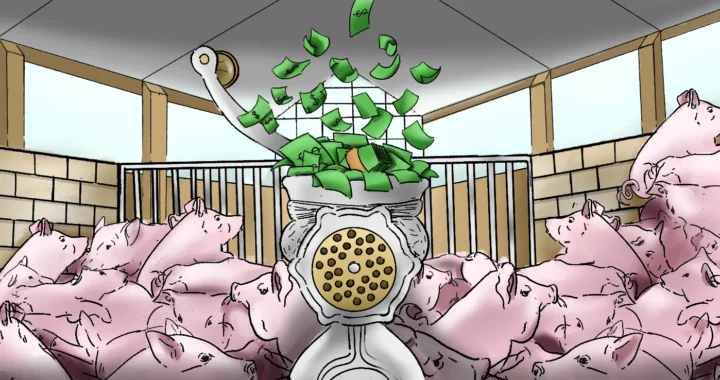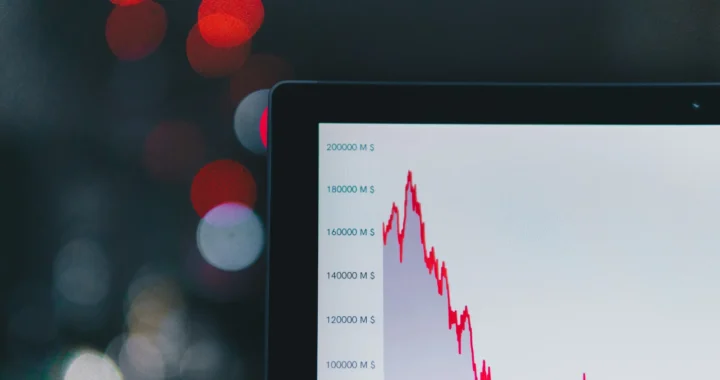Agroforestry for a Climate-Resilient Coffee Industry

Photo: Shelby Murphy Figueroa on Unsplash.
Coffee is among the most consumed beverages in the world. From farming to bean production to drinks, coffee is an important part of many regions’ economies and cultures. However, the industry is highly vulnerable to the impacts of climate change, threatening the productivity, quality, and price of coffee globally. In this light, agroforestry has the potential to support a climate-resilient coffee industry.
Coffee & Climate Change
Coffee production is susceptible to the impacts of the climate crisis. For instance, changing temperatures, shifting rain patterns, and extreme weather events can alter the environment where the crops grow, disrupting coffee productivity and quality. This disruption also brings socio-economic consequences to the actors in the coffee value chain, including farmers.
An estimated 25 million households in over 80 countries depend on the coffee industry for employment and income. Around 80% are smallholder farmers with less than 5 hectares of production area. These farmers are among the most vulnerable actors against climate change due to their limited financial capacity, knowledge, and technology to improve their climate resiliency.
Adopting Agroforestry
Agroforestry has the potential to tackle the issues listed above and advance the climate-resilient coffee industry. The Food and Agriculture Organization (FAO) defines agroforestry as “long-standing practices of integrating trees with crop and animal farming systems.” Agroforestry is a nature-based solution that can benefit smallholder farmers by diversifying their yield and income, enhancing food security, and increasing farm resilience to climate change.
In the coffee industry, adopting agroforestry means planting coffee alongside other trees instead of planting them on big, monoculture land. In practice, farmers must be encouraged and equipped with the knowledge and system to adopt agroforestry for their coffee farms.
An example is the agroforestry adoption workshops and training conducted in Malawi and Uganda by the FAO and the Slow Food Coffee Coalition (SFCC). These workshops involved coffee farmers’ active participation in identifying existing conditions, practices, challenges, and motivations surrounding their coffee farms in light of current climate conditions.
Additionally, the workshops provided training and technical support to enhance farmers’ knowledge and skills and ensure that land tenure systems and policies support long-term agroforestry investments. Over 342 farmers from 13 coffee communities (nearly half of them women) participated in 11 workshops in Malawi, while 118 farmers (35% of whom are women) benefitted from the training in Uganda.
Supporting Climate-Resilient Coffee Industry
With the rising temperature and multiple risks of climate-induced disasters looming, supporting the climate-resilient coffee industry has never been more crucial. Shifting current practices to safeguard farmers and their wellbeing while ensuring environmental conservation must be supported with robust and effective systems. Commitments and participation from governments, businesses, and civil society cannot be understated in ensuring a climate-resilient coffee industry.
Editor: Nazalea Kusuma

If you find this content useful, please consider subscribing to Green Network Asia.
Your subscription will give you access to our interdisciplinary and cross-sectoral insights on sustainability-related issues and sustainable development across the Asia Pacific and beyond, strengthening your personal and professional development while supporting GNA’s financial capacity to continue publishing content dedicated to public education and multi-stakeholder advocacy.
Select Your Subscription Plan
Kresentia Madina
Madina is the Assistant Manager for Digital Publications at Green Network Asia. She graduated from Universitas Indonesia with a bachelor's degree in English Literature. She has three years of professional experience working on GNA international digital publications, programs, and partnerships particularly on social and cultural issues.


 Developing Financing Initiatives for the ASEAN Power Grid
Developing Financing Initiatives for the ASEAN Power Grid  Imparting Actionable Knowledge Through Sustainability Training Activities
Imparting Actionable Knowledge Through Sustainability Training Activities  Stop Funding Factory Farming in Vietnam: Pathway to Financing a Just and Sustainable Food System
Stop Funding Factory Farming in Vietnam: Pathway to Financing a Just and Sustainable Food System  When Green Turns Excessive: The Overproduction and Overconsumption of Reusables
When Green Turns Excessive: The Overproduction and Overconsumption of Reusables  SDG Venture Scaler Aims to Drive Sustainable Investment in Southeast Asia
SDG Venture Scaler Aims to Drive Sustainable Investment in Southeast Asia  Improving Primary Education in Central Asia
Improving Primary Education in Central Asia